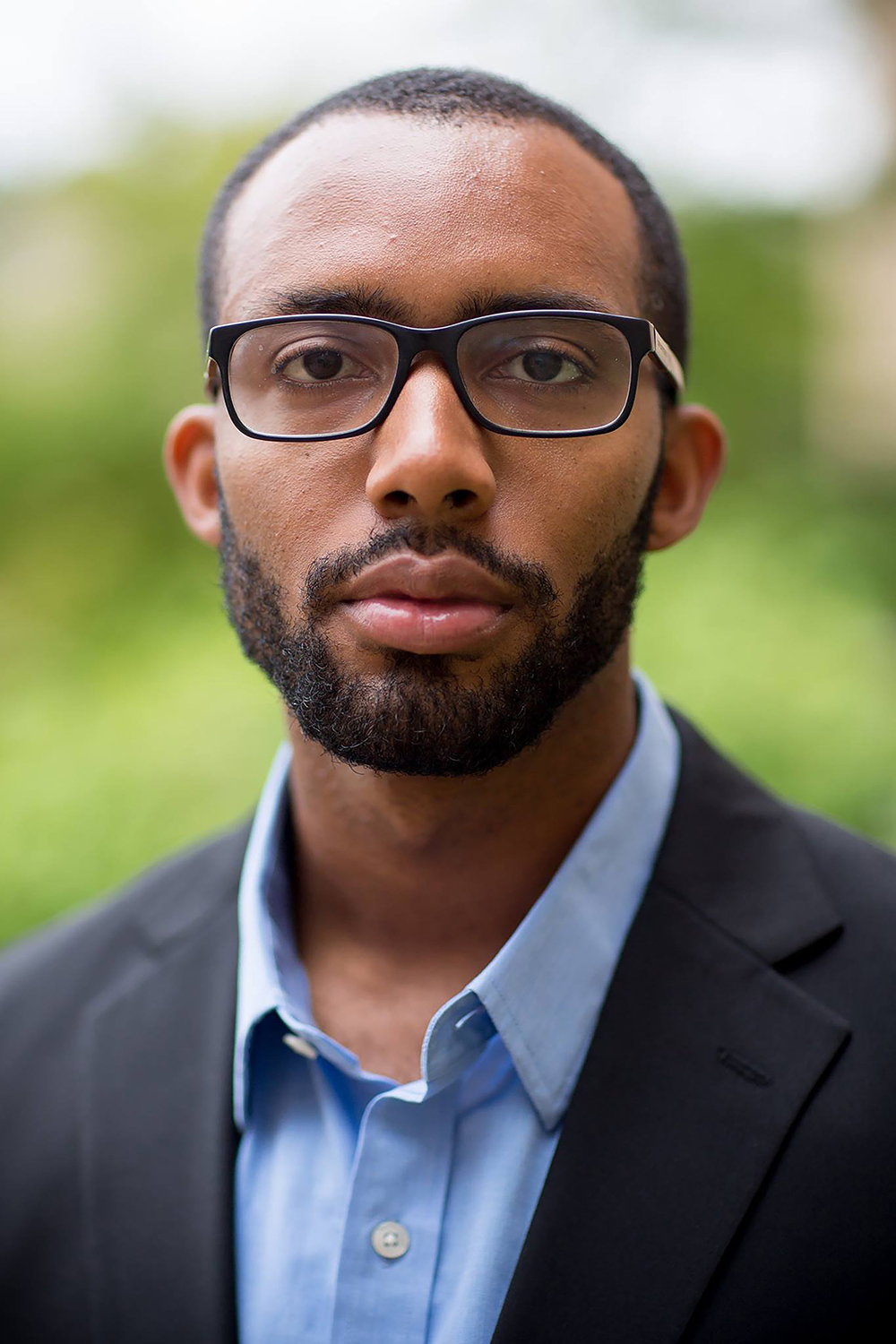Joseph Earl Thomas was not much of a reader as a child growing up in Northeast Philadelphia.
“Most of my life was filtered through ideals of masculinity in which physical prowess was the only kind of knowledge that was acceptable or would be tolerated,” says Thomas, who is a Ph.D. student in the English department in the School of Arts & Sciences.
Thomas explores his childhood in a memoir-in-progress, written in the third person, called “Reality Marble.” An excerpt from the book won the 2020 Chautauqua Janus Prize, which recognizes an emerging writer’s single work of short fiction or nonfiction.
He began writing at a young age but left it behind during his teen years. “I think especially in the American patriarchal framework, fantasy and the imagination are seen as childlike. I stopped taking it seriously for a while—I didn’t see it as an enterprise that would be important in any way, but I came back around to it later on.”
Thomas’s path to Penn’s doctoral program was a winding one. After high school, he took classes at Community College of Philadelphia and enrolled in a training program to become a physician’s assistant, but financial stresses—including working four jobs—made it difficult to continue. At a friend’s suggestion, he signed up with the Army National Guard, trained as a medic, and recently completed a 13-year period of service. Along the way he earned a bachelor’s degree in biology at Arcadia University and an MFA in prose writing from Notre Dame University.
As a memoirist addressing issues of Black masculinity, the recent political unrest and national conversations around racial inequities have hit home, but have not changed his work’s focus.“These problems have been both implicit and explicit for a very long time,” says Thomas. “I do think it will affect internal and external dialogue in fiction—and in nonfiction as well—more than it will affect the actual things being written about.”
This story is by Jane Carroll. Read more at Omnia.







